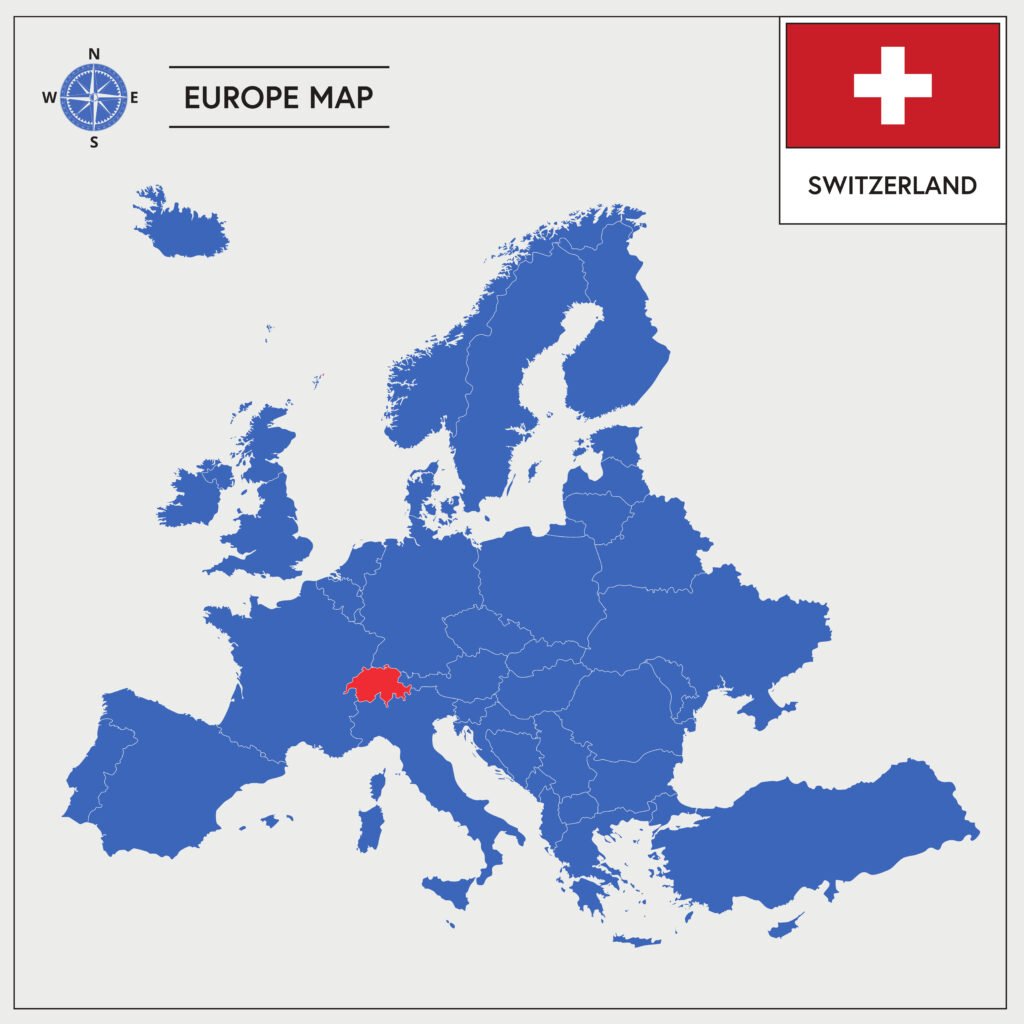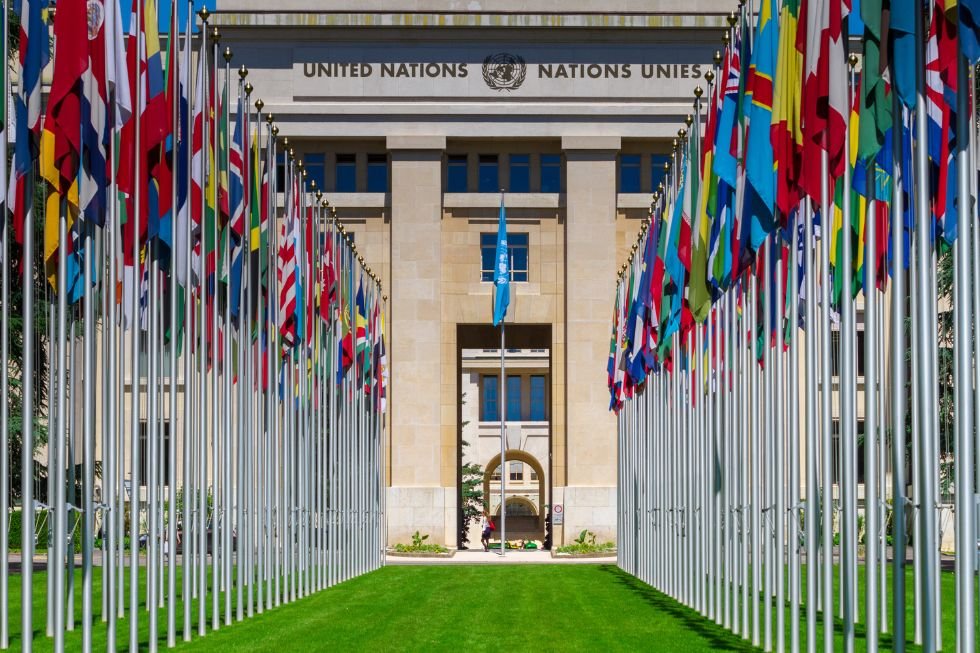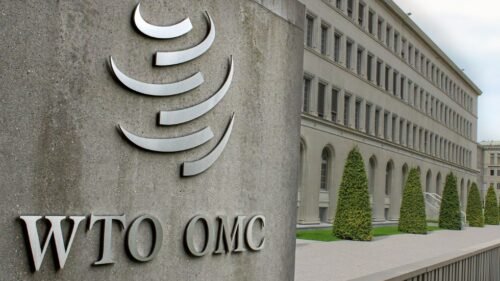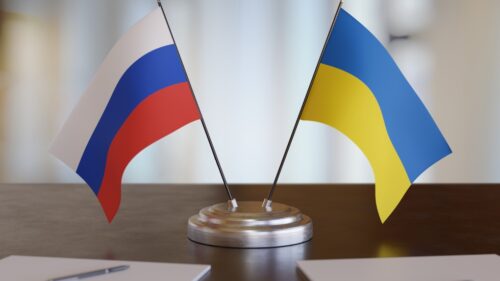In a world that is more and more full of fights over power, money and land, Switzerland’s firm choice to stay neutral is a big help for peace. Some may think staying out of fights is not doing much, but Switzerland shows that by not taking sides, using talks, helping others and having money and power, it can help keep the world stable. In a time when big nations like the United States, China and Russia have high tensions, Switzerland’s choice to stay neutral is more key than ever.
Switzerland has been neutral not just now, but for a long time, since the early 19th century. In 1815, following the wars led by Napoleon, the Congress of Vienna ensured the world recognized Switzerland’s neutrality, a status it has maintained ever since. Even with big powers around it, Switzerland has stayed out of wars, maintaining peace and independence through dialogue and negotiation.
More than a neutral party
But Switzerland does more than just avoid wars — it helps make peace. With tensions growing worldwide, Switzerland’s role in solving conflicts becomes more critical. Being neutral allows it to host discussions and maintain its fairness. By not joining groups like NATO (although they are close allies), it can offer a free space to build peace.
Over the years, it has helped resolve conflicts and has been a venue for discussions aimed at ending wars. For example, Geneva has seen big talks that stopped the Cold War and more, like those about Iran’s nuclear plans.
Switzerland also supports organizations that work for peace and stability, like the United Nations Office at Geneva, which deals with UN work in Europe. It also has the International Committee of the Red Cross (ICRC) and the World Health Organization (WHO), which provide significant assistance during major crises. These groups and Switzerland’s work ensure it remains central in global peace efforts.
One aspect of Switzerland’s role that often goes unnoticed is how its financial power contributes to peace. Although it lacks the big guns of other major nations, it is perceived as a safe and reliable haven for money, particularly in challenging times. Its banks are known for being stable, private and trusted, drawing in big companies and people with a lot of money.
When there are fights or crises, Switzerland’s financial system becomes even more crucial. As global markets fluctuate amid conflicts, Swiss banks offer a stable, neutral environment for financial transactions. They often provide the know-how and help needed to rebuild places wrecked by wars.
Commitment to human rights
Switzerland’s decision to remain neutral also means it strongly advocates for helping others and human rights. It pushes for the safety of normal people in war zones and backs the Geneva Conventions, which set the rules to treat people in wars in a human way.
The ICRC has also played a crucial role in assisting in dangerous and war-filled places. Switzerland’s neutrality enables it to lead in mitigating the harmful effects of wars without becoming entangled in the political or combat sides of conflicts.
Switzerland’s commitment to human rights extends beyond its borders. For years, it has given people running from wars a safe place to start again. It works closely with large organizations to ensure that these people’s rights are protected and they receive the necessary assistance during difficult times.
The perfect spot for neutrality
Being in the middle of Europe helps Switzerland in its role in world peace and talks. Being easily accessible from both Western and Eastern Europe, with good transportation options, makes it an excellent spot for large meetings, aid work and peace talks.

Also, the Swiss Alps have always been a natural shield, helping to maintain the country’s freedom and neutrality. During the big wars, this helped keep it safe and a place of escape for those fleeing the fighting. Today, its mountains stand as a sign of the country’s wish to stay free and peaceful.
As global tensions escalate, particularly among major nations vying for power, Switzerland’s role as a neutral nation remains crucial. It stands for peace, helping others and being stable in money, which gives a needed balance to the often wild and fight-filled world relations. Switzerland’s approach of not using guns but still providing support shows a good path for other countries.
In a world where conflicts can erupt at any moment, Switzerland serves as a beacon of hope — a nation that has preserved its freedom, facilitated dialogue and championed peace.
[Kaitlyn Diana edited this piece.]
The views expressed in this article are the author’s own and do not necessarily reflect Fair Observer’s editorial policy.
Support Fair Observer
We rely on your support for our independence, diversity and quality.
For more than 10 years, Fair Observer has been free, fair and independent. No billionaire owns us, no advertisers control us. We are a reader-supported nonprofit. Unlike many other publications, we keep our content free for readers regardless of where they live or whether they can afford to pay. We have no paywalls and no ads.
In the post-truth era of fake news, echo chambers and filter bubbles, we publish a plurality of perspectives from around the world. Anyone can publish with us, but everyone goes through a rigorous editorial process. So, you get fact-checked, well-reasoned content instead of noise.
We publish 3,000+ voices from 90+ countries. We also conduct education and training programs
on subjects ranging from digital media and journalism to writing and critical thinking. This
doesn’t come cheap. Servers, editors, trainers and web developers cost
money.
Please consider supporting us on a regular basis as a recurring donor or a
sustaining member.
Will you support FO’s journalism?
We rely on your support for our independence, diversity and quality.








Comment